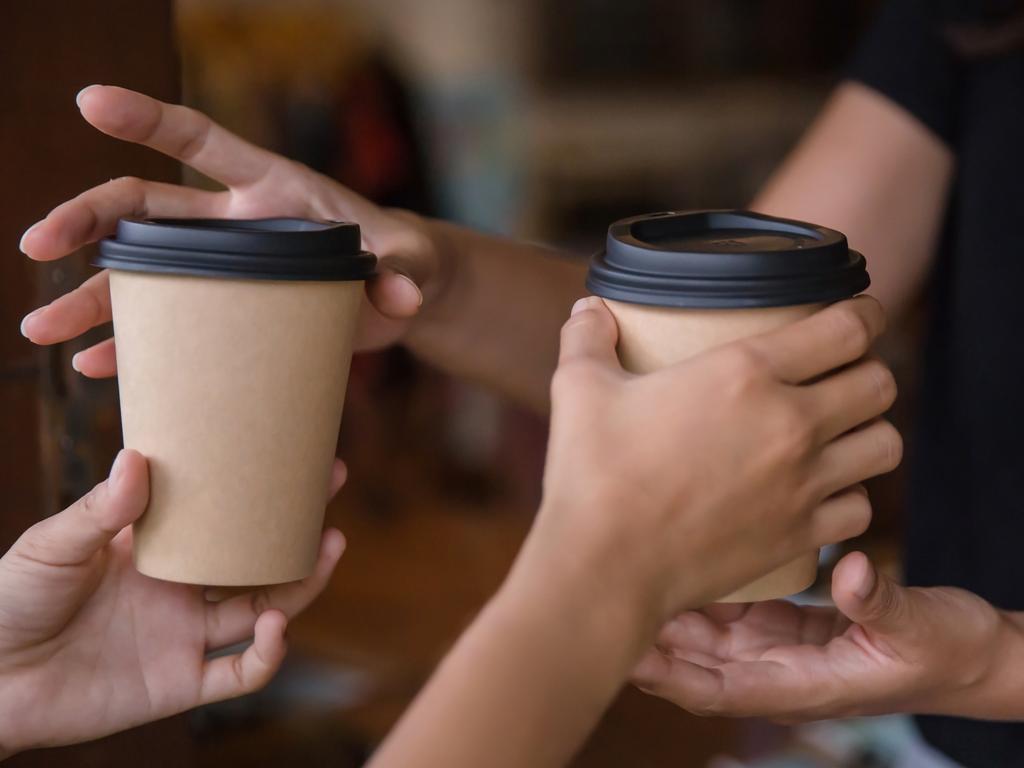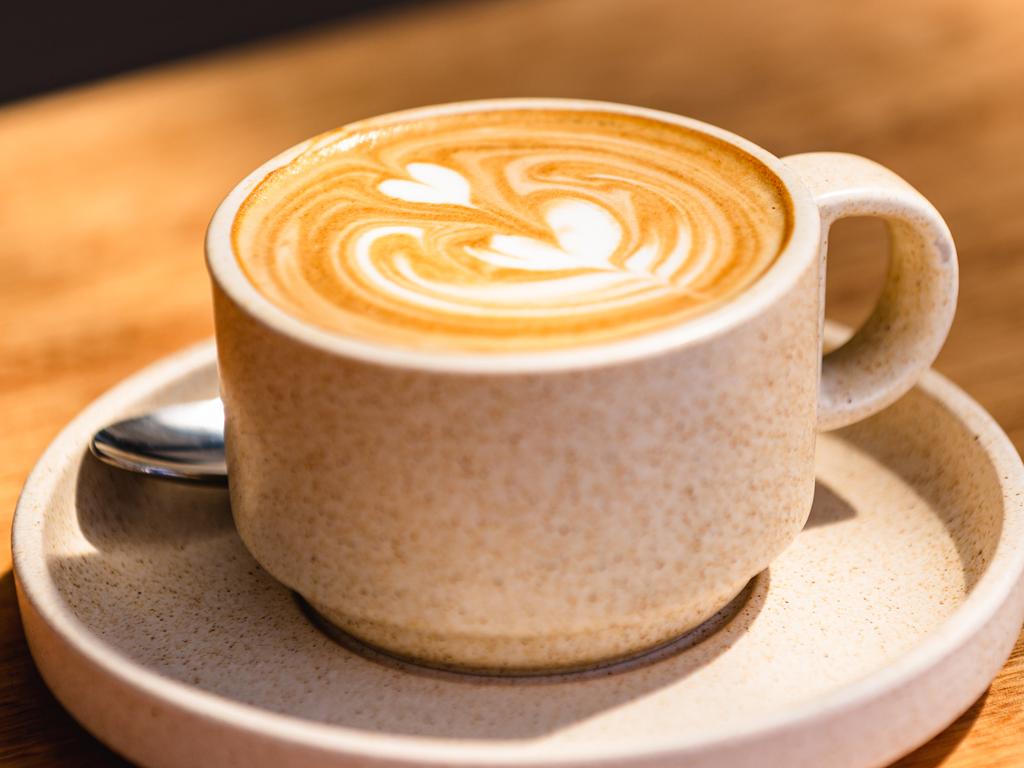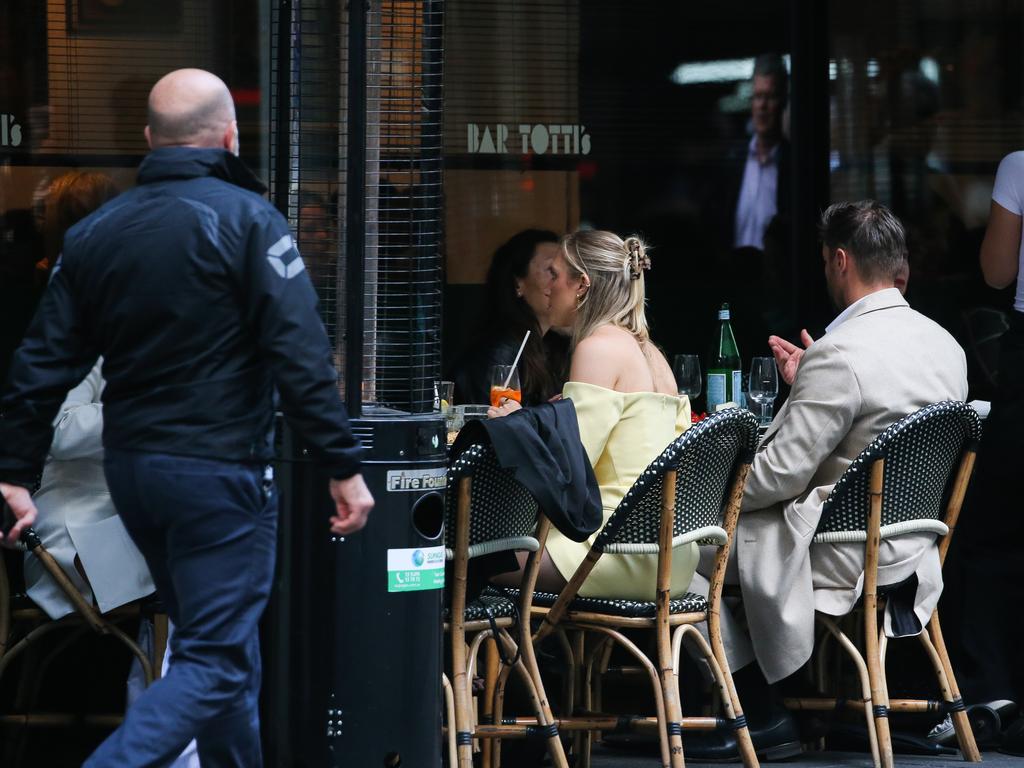‘Pass these costs on’: Why your coffee could get more expensive
The cost of your daily coffee could get even greater, experts have warned, with few signs prices will ease in the coming months.
The cost of your daily coffee could get even higher, experts have warned, with few signs prices will ease in the coming months.
Global demand for coffee is increasing at a time when there is less available, due to ongoing inclement weather that has wrought “havoc” on key supply markets such as Brazil and Vietnam, RMIT professor of logistics and supply chain management Dr Vinh Thai explained, driving the cost up.
Thirty per cent of the world’s lower-quality robusta beans are harvested in Vietnam, while Brazil is home to 70 per cent of the high-quality arabica market.
“The continuing increase of container shipping rates and other supply chain issues, by which the lion’s share of coffee bean shipments are transported, also greatly contribute to the cost of coffee,” Dr Thai said.
“Roasters may need to pass these costs onto cafes who in turn, may do the same to customers.”

This in turn “will likely add further pressure and negatively affect the lifestyle of customers”, Dr Thai warned, “who are already dealing with the cost of living”.
“If customers choose to change their coffee habits, this might threaten the Australian coffee industry,” he said, which as of last year employed almost 70,000 people. which employs almost 70,000 people, as of 2023.”
The ongoing difficult conditions have left cafe owners in a difficult position Pablo & Rusty’s Coffee Roasters chief executive Abdullah Ramay told The Daily Telegraph last month.
Despite the recent increase in cost to consumers, Mr Ramay said cafes are still charging less than the “survivable” rate – and a fraction of what coffee-lovers in many parts of the world pay.
“Cafes are really between a rock and a hard place – do you keep selling coffee with no profit? Coffee cannot be a loss-leader for small operators – bigger players can do that, but you can’t keep getting busier and broker faster,” he said.
“Why should Sydney, which has one of the best coffee cultures in the world, have a coffee price cheaper than all the major cities in the world?”

St Ali coffee roasters chief executive Lachlan Ward made headlines earlier this year when he declared Aussies weren’t paying enough for their daily cup.
“The way we are pricing coffee in Australia is not sustainable,” the Melbourne-based industry leader said.
“Unless Australian cafes start adjusting prices up and charging a fair price for what we are making, the independent cafe won’t exist in the future.”
RMIT Associate Professor of marketing, Bernardo Figueiredo acknowledged rising prices had an impact on “both casual drinkers and dedicated coffee enthusiasts”, prompting them to opt for cheaper alternatives, reduce consumption or switch to home brewing.
“However, given the cultural importance of coffee as a social and lifestyle symbol and its growth among the younger segments, it is unlikely that this would decrease the demand for coffee,” Prof Figueiredo said.
In June, transactions data from digital payments platform Square showed an increasing number of Australians were ditching their pre-work takeaway coffee, driven by hybrid work arrangements and the high cost of living.
The number of purchases at food and drink businesses between 7am and 11am on weekdays have dropped to below pre-pandemic levels in Sydney, Melbourne and Brisbane.
At the same time, transaction volumes have risen during weekend brunch hours, signalling a change to how Aussies prioritise their spending.

According to Square’s analysis, weekday breakfast transactions are down by more than 5 per cent in Melbourne, but up by 4 per cent on Saturdays and Sundays.
It’s a similar situation in Sydney, albeit to a lesser degree; transaction volumes are down 2.4 per cent on weekday breakfasts, but up 1.6 per cent during weekend brunch hours.
Square Australia’s head of business development Colin Birney, told The Guardian that venues catering for professional workers are trying to adjust – starting an evening service to capitalise on the after work economy, opting to close an extra day, or sell groceries and other goods as a way to increase revenue.
More employees are working from home and packing their lunch when they do head to the office, and “that seems to be playing out as demand for weekday breakfasts decreases”, Mr Birney said.
“We’re often told that making your breakfast at home or having cereal at the office are some of the easiest ways to save a bit of cash.”






